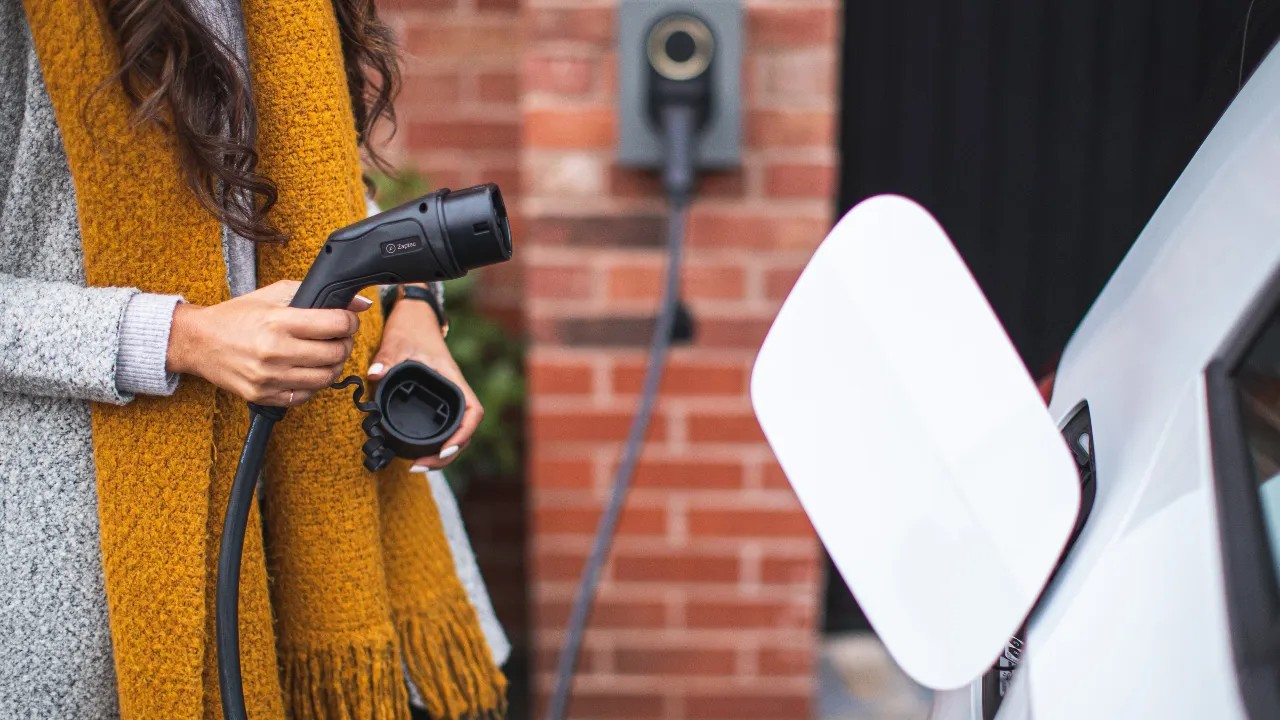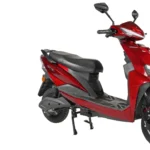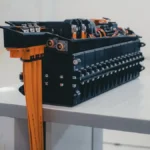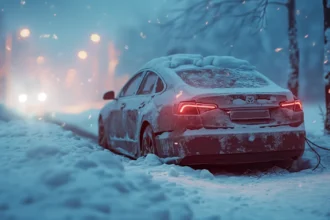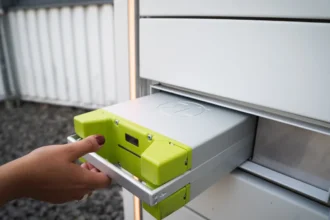India Makes New Battery That Could Beat Lithium
Have you ever worried about your phone or car battery dying too quickly? An Indian company is working on a new solution that might help. According to EvStory, Hindustan Zinc (part of Vedanta Group) is making special zinc batteries that could change how we power our cars and phones.
These are not regular batteries like the ones you currently use. They are called zinc-air batteries, which use zinc metal and oxygen from the air to make electricity. Think of them like plants that breathe air to make energy, but with metal instead of leaves!

Who Is Making These New Batteries?
- Hindustan Zinc (a company in the Vedanta Group)
- Indian Institute of Technology (IIT) Madras
- Jawaharlal Nehru Centre for Advanced Scientific Research (JNCASR)
- AEsir Technologies (a company from America)
“We are strategically positioned to support this transition by producing vital metals such as zinc,” stated Arun Misra, CEO of Hindustan Zinc Limited. The company announced progress on this project on May 6th, 2025.
Why Zinc Instead of Lithium?
Lithium batteries are everywhere today, but they have some problems. They can catch fire, don’t last long enough, and can be very expensive. Coherent Market Insights states zinc-air batteries have lower material costs because zinc is widely available, and the air cathodes cost almost nothing.
| Feature | Zinc Batteries | Lithium Batteries |
|---|---|---|
| Safety | Cannot catch fire (uses water-based materials) | Can catch fire or explode |
| Cost | Cheaper materials (zinc is common) | More expensive (lithium prices rising) |
| Life Span | Working to improve cycle life | Usually 500-2000 cycles (Ufine Battery) |
| Environmental Impact | 6 times lower greenhouse gas | Higher environmental impact |
Fortune India reports that these zinc-air batteries made by Hindustan Zinc and IIT Madras have longer life cycles than lithium-ion batteries and use safer water-based electrolytes. This means they won’t catch fire like some lithium batteries can.
Good for the Earth and Your Pocket
These batteries are much cleaner for our planet. Hindustan Zinc Limited says their zinc-based batteries have a greenhouse gas footprint nearly six times lower than normal batteries. That’s like planting many trees every time you choose a zinc battery!
Manly Battery projects that lithium-ion battery pack costs for electric vehicles will drop to around $113 per kWh by 2025. But zinc batteries could be even cheaper because the materials are easier to find in India.
What Can These Batteries Do?
- Power electric cars and bikes
- Store energy from solar panels and wind turbines
- Keep your home running during power cuts (for 3 to 72 hours)
- Work in very hot or cold weather
AutoTechInsight confirms that Hindustan Zinc and IIT Madras are designing a 1-kWh rechargeable Zinc-Air battery module. This battery can provide backup power from 3 to 72 hours, which is much longer than most batteries today.
Taylor & Francis Online notes that zinc-air batteries are safe and eco-friendly because they use abundant, non-toxic zinc and alkaline water solutions instead of dangerous chemicals.
Special Uses for These Batteries
ACCESS Newswire reports that zinc-air storage systems can support long-duration uses with power outputs from 20 kW to over 1 MW. This means they could power small villages or factories during power cuts.
Business Today states that IISc researchers have also developed zinc-air technology with a metal-free carbon catalyst for energy storage and hydrogen peroxide generation. This shows that Indian scientists are working on many different ways to use zinc in energy.
Sanskriti IAS mentions that while rechargeable zinc-air batteries have high energy density, they still face some challenges in high-power applications like fast-charging electric cars. The researchers are working to solve these problems.
What This Means for India’s Future
This work could help millions of Indians switch to electric vehicles more easily. With cheaper, safer batteries that last longer, more people can afford to buy electric scooters and cars.
The collaboration between Indian companies, American partners, and top Indian research centers shows that India is taking a leading role in creating new energy solutions.
Will you be ready to use these new zinc batteries when they come to market? The technology is moving forward quickly, and soon you might find these cleaner, safer batteries in your next phone or electric vehicle.
